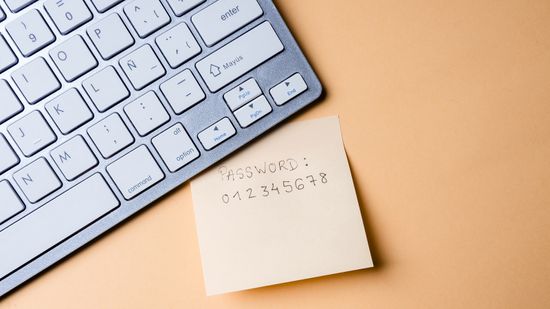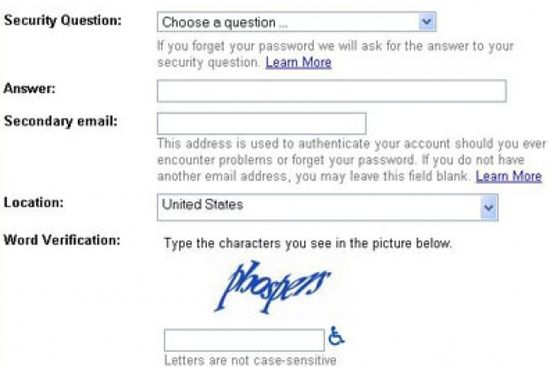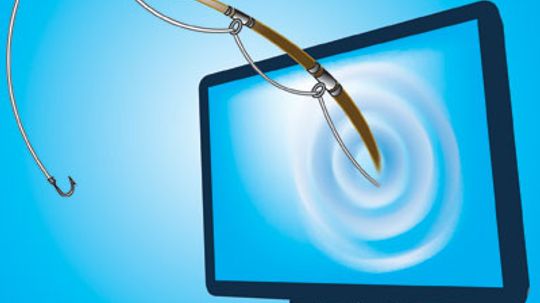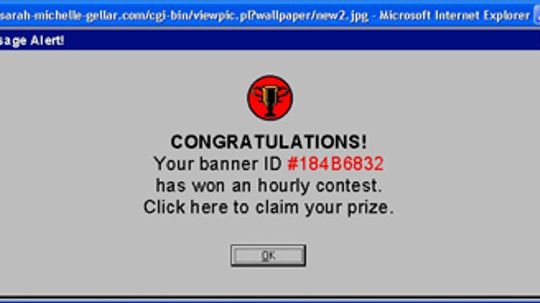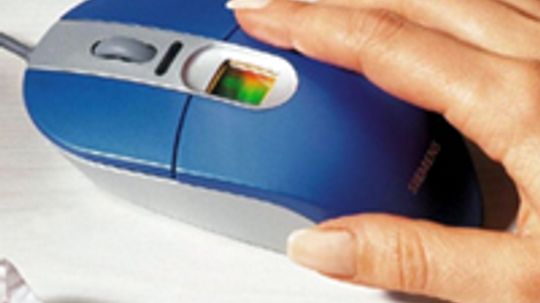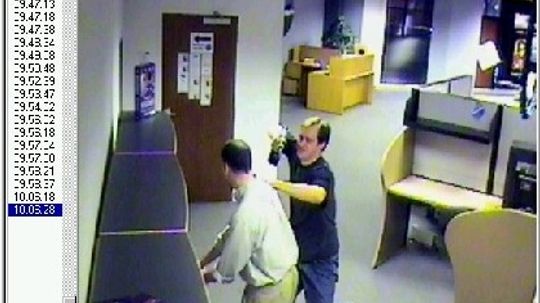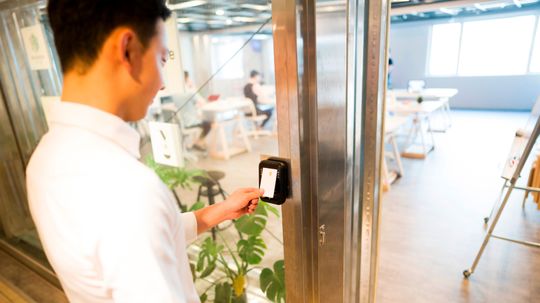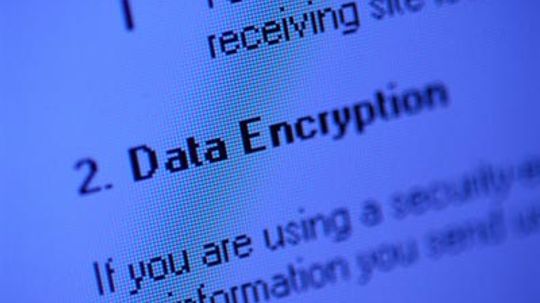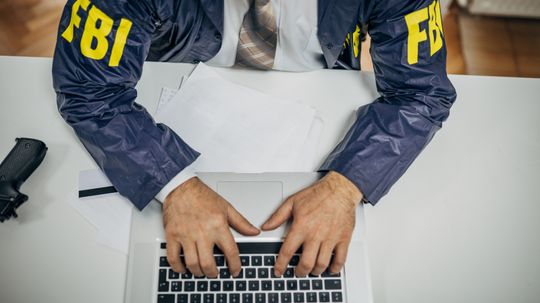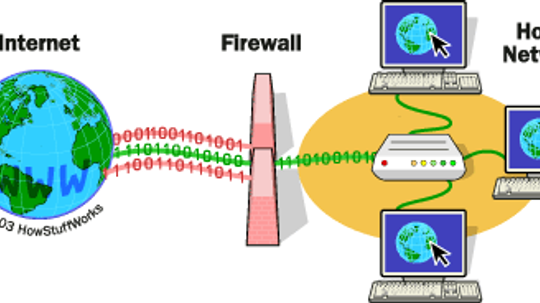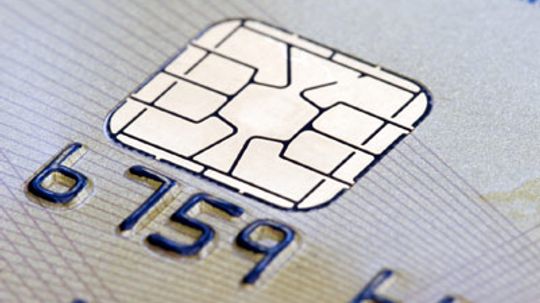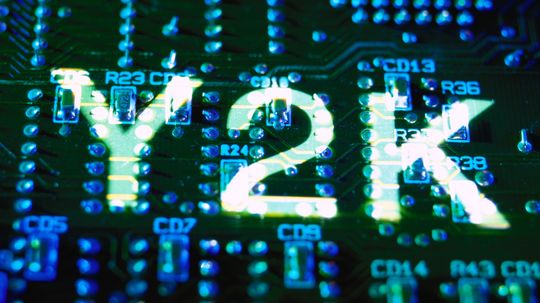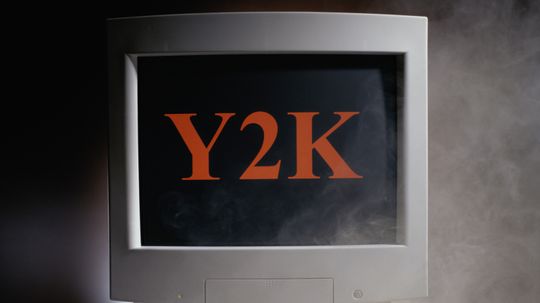Computer Security Systems
Computer security is an increasingly important consideration. From authentication to encryption keys, learn how to keep your computer's hard drive protected and your personal information safe.
Learn More / Page 3
Logic bombs can cripple a company's computer system and either reveal or destroy sensitive information. It's often a tool used by angry employees -- in the IT world, it has a reputation of being associated with "disgruntled employee syndrome."
By Julia Layton
Most people associate phishing with e-mail messages imitating banks or other businesses in an attempt to scam victims into revealing personal information. But e-mail messages are only one small piece of a phishing scam.
According to recent estimates, more than two-thirds of all PCs are infected with some kind of spyware. These programs track your Web habits and more. Is your computer doomed, or can you get rid of spyware?
By Dave Coustan
Advertisement
Your fingerprints are not only unique; they're also very hard to fake and even harder to misplace. What better ID to use in a security system? Learn how fingerprint scanners know it's you.
By Tom Harris
If you're surfing the Internet at work, you may not be the only one who knows. Watching workers has become an industry unto itself. Find out exactly how companies are monitoring employees.
By Kevin Bonsor
Security passcards are often used to gain entry into areas and buildings with restricted access. Find out what data is kept on an encoded security passcard and how they work.
The growth of the Internet has excited businesses and consumers alike with its promise of changing the way we live and work. But doing business online means there's a whole lot of information that we don't want other people to see. That's where encry
By Jeff Tyson
Advertisement
If George Orwell's book "1984" creeped you out, you'll want to read the facts about the FBI's Operation Carnivore. It gave agents the permission and technology to access to the online and e-mail activities of suspected criminals.
By Jeff Tyson
Firewalls have helped protect computers in large companies for years. Now they're a critical component of home networks as well. What are they protecting you from?
By Jeff Tyson
Cookies are widely used by Web sites to keep track of their visitors, but they can also provide a better user experience. Are cookies letting Big Brother into your PC?
Both BO and Netbus are Windows 95/98 applications designed to allow other people to access your machine over the Internet. But here's the kicker - you're the one installing it!
Advertisement
A smart card may look like a credit card, but just like people, it's what's inside that counts. Find out how smart cards protect sensitive data.
From Trojan horses, to worms and viruses, we give you the skinny on how viruses can infect your system through email.
Fortunately the Year 2038 problem is somewhat easier to fix than Y2K on mainframes. Learn about the standard time library and how C programming is involved with this computer blunder.
Computer viruses range from pesky to outright dangerous. Some just display a message, while others erase your entire hard disk. Clicking on what looks like a harmless e-mail message can lead to hours of recovery efforts, if not irreparable damage.
Advertisement
Until recently, computer programmers used two-digit placeholders for the year portion of the date in their software. Guess what happened when we realized the system couldn't account for the first two numbers? Mass panic.
